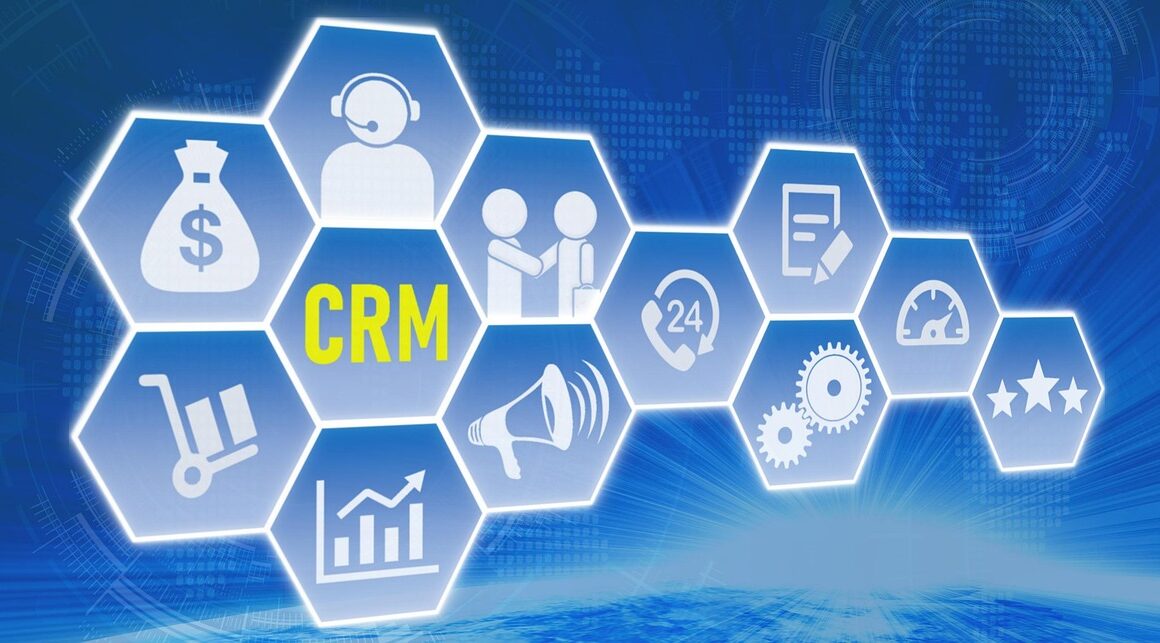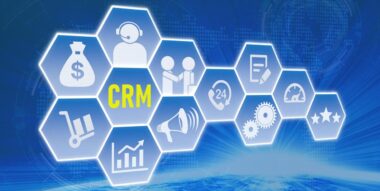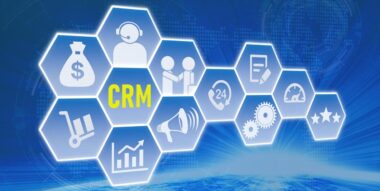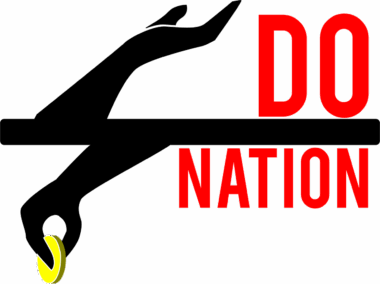How to Choose the Right CRM for Your Nonprofit Organization
Choosing the right Customer Relationship Management (CRM) system is crucial for nonprofit organizations aiming to maximize their impact. The ideal CRM will help streamline processes, improve communication with donors, and manage relationships effectively. Begin your selection process by assessing your organization’s needs. This includes identifying key features you must have, such as donor management, event tracking, or automated communications. Consider also your budget constraints. Nonprofits often operate on tight budgets, so it’s necessary to find a cost-effective solution. Keep an eye on potentially hidden costs like training or software updates. Furthermore, scalability is important—consider whether the CRM can grow with your organization. As your donor base expands and your activities diversify, your CRM should support these changes. User-friendliness cannot be overlooked either; make sure that your team can easily navigate the system. Think of conducting demos or utilizing trial periods before commitment. The right CRM enhances operational efficiency, enabling your nonprofit to focus on fulfilling its mission without being bogged down by administrative tasks. This foundational decision can significantly impact your organization’s success.
Next, prioritize CRM features that align with your organization’s specific goals and objectives. For example, if your primary focus is fundraising, look for CRMs with robust donation tracking and reporting features. Some platforms also offer integrations with popular fundraising tools, allowing for seamless transaction management and reporting. Additionally, prioritize CRMs that provide strong communication tools, enabling you to engage donors through email marketing or social media campaigns. Consider features like segmentation, which helps tailor communications to different donor groups. Another important aspect is reporting and analytics functionality. The ability to generate detailed reports enables nonprofits to analyze their fundraising efforts, understand donor behavior, and evaluate the effectiveness of various campaigns. Many modern CRMs also include dashboard views, giving you insights into key metrics at a glance. Therefore, Select systems that offer customizable reporting, helping you meet your specific data analysis needs. Ultimately, designed for nonprofits, these features enable informed decision-making, which is vital for strategic planning. A well-equipped CRM supports fundraising goals and enhances overall organizational performance.
Assess User Experience and Support
When selecting a CRM, assessing user experience takes center stage. A user-friendly CRM enhances staff productivity, enabling team members to quickly adapt without extensive training. Inquire about the system’s learning curve for new users. Ideally, it should promote intuitive navigation, reducing the need for constant support. Request demonstrations or trial periods from vendors to help gauge the platform’s usability. During these trials, engage with team members across different departments to gather feedback. Furthermore, evaluate the level of customer support provided by the CRM vendor. 24/7 support can greatly ease transitions and ongoing usage. Verify their responsiveness to queries and issues during your trials. Some CRM providers feature rich knowledge bases, including tutorials, FAQs, and community forums. These resources empower users to troubleshoot independently and continuously improve their skills. Moreover, consider training options, especially for larger organizations. Formal onboarding programs often integrate the CRM within your existing workflows before fully deploying it. This ensures greater acceptance across your team. Good support and user experience should eliminate potential roadblocks that may impede successful implementation, maximizing the CRM’s long-term benefits.
Another factor to consider when choosing the right CRM for your nonprofit is data security and compliance. Nonprofits handle sensitive information, such as donor details and financial records, making strong security protocols essential. Ensure that the CRM complies with relevant data protection regulations, such as GDPR or HIPAA, depending on your region and the nature of your activities. Inquire about the encryption methods used to safeguard data and understand how customer information is stored. Data breach history is another critical area to examine—request documentation of the vendor’s security practices and any past incidents. Additionally, think about backup options. A robust backup system ensures that vital data remains intact in case of server failures or other unexpected issues. Assess how frequently backups are made and whether you have access to them. Some CRMs also provide features for data recovery, which safeguard against loss. Furthermore, understanding how the CRM offers user permissions and access control is paramount. These measures ensure that sensitive information is protected from unauthorized access, adding another layer of assurance for your stakeholders.
Integration Capabilities with Existing Systems
Considering integration capabilities when selecting a CRM is essential because most nonprofits utilize various tools to facilitate their operations. Assess how well the CRM integrates with your existing platforms such as email marketing software, accounting tools, and project management applications. Seamless integration avoids data silos and enhances efficiency across departments. Furthermore, determine whether the CRM allows for API integration, providing flexibility for future technology requirements. Integration with email marketing tools not only improves communication but also enabling automated campaign tracking and targeted outreach. In addition, ensure that the CRM can connect with payment processing systems, streamlining donation management. A centralized system reduces redundant data entry tasks and allows real-time access to critical information. Such an understanding helps you monitor donor engagement throughout the fundraising cycle. Moreover, consider the future scalability of integration options. As your organization grows or evolves, technology needs may change. Ensure that your CRM vendor is committed to expanding integration possibilities. The right integrations will facilitate greater collaboration, helping to achieve your nonprofit’s mission while ensuring greater operational efficiency.
Budget constraints can be an important factor influencing your choice of a nonprofit CRM. Most nonprofit organizations operate with limited resources, so a transparent pricing model is essential when evaluating options. Begin with understanding the various subscription tiers offered by different vendors. Some may have hidden fees, such as costs associated with system upgrades or additional features. Review the total cost of ownership over time for more informed decision-making. Explore grants or discounts available to nonprofits, as many CRM providers offer favorable pricing structures for charitable organizations. This can help significantly reduce your long-term costs. Moreover, consider the long-term implications of your investment; a more expensive but efficient CRM may yield more significant returns in fundraising potential over time. It’s wise to compare the features offered at various price points to find the best value. Additionally, engage in discussions with current users or join nonprofit forums to gain insights on user satisfaction and outcomes. Decision-making should inform your choice while keeping costs transparent; wisely investing in a quality CRM can lead to increased donations and better engagement.
Conclusion: Making an Informed Decision
In conclusion, choosing the right CRM for your nonprofit organization requires a thorough evaluation of various factors. Start with identifying your organization’s specific needs, as these will guide your entire selection process. Key considerations include essential features, user experience, integration capabilities, and security measures. Although budget is a primary concern for many nonprofits, remember that investing wisely in a CRM can yield significant returns on your fundraising investment. Taking advantage of trial periods allows you to gather team feedback and foster buy-in from your organization. Don’t overlook the importance of customer support; a responsive vendor can make a difference in your CRM implementation. After conducting your research and evaluating demos, narrow down your options before making a final decision. Discuss your findings with your team to ensure consensus. Achieving clarity in your requirements and objectives allows you to select a CRM that aligns with your organization’s mission. Embracing the right CRM can enhance operational efficiency, improve donor engagement, and ultimately empower your nonprofit to achieve its goals, maximizing your positive impact on the community.
Totality of considerations influences your decision, and delivering the right solutions empowers organization effectiveness.





